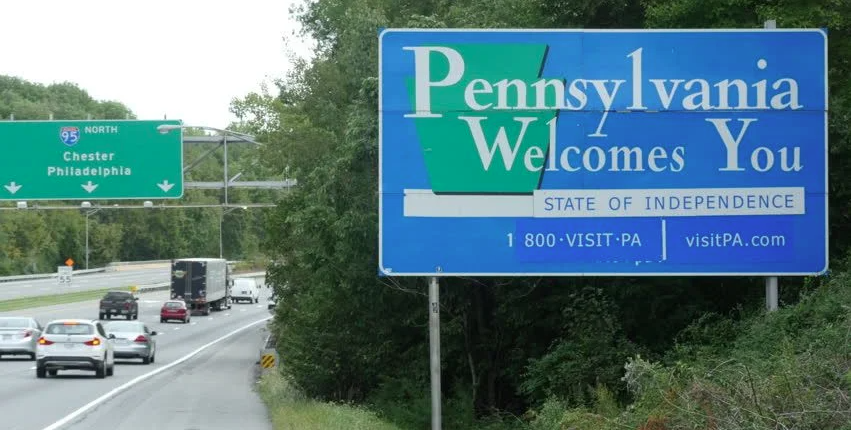New Law Expands Relief for Pennsylvanians Whose Driver’s Licenses Were Suspended Over Drug Cases
On November 3, 2022, Governor Wolf signed HB 987 into law, which will lift any current driver’s license suspensions related to drug offenses. HB987 will end active and pending drug-related driver’s license suspensions by converting the suspensions to “served” on driving records. The Pennsylvania Department of Transportation (PennDOT) is responsible for implementation of the new law.
This positive development is the latest that has followed the lawsuit Equal Justice Under Law filed back in 2018 challenging a then-existing law that automatically suspended driver’s licenses as a punishment for any drug-related conviction. This relic from the war on drugs was irrational and severely damaging to the people who had their licenses suspended under this law, driving many people into poverty as they lost their jobs due to no longer being able to drive themselves to and from work.
In response to Equal Justice Under Law’s lawsuit, Pennsylvania repealed the law later in 2018, eliminating any future drug-related suspensions.
However, the repeal failed to address the tens of thousands of individuals who already had a suspended license. HB987 provides that retroactive relief; anyone with a pending or active drug-related driver’s license suspension will see that suspension removed from their record, which should lead to many Pennsylvanians getting their licenses back now, or much sooner than they otherwise would have.
The new law is still not a complete solution, however, given that it doesn’t remove any served drug-related suspensions. Suspensions are stacked (rather than served simultaneously) and so the date of one suspension can affect the dates of other suspensions. For example, someone who had their driver’s license suspended over a drug offense, who then drove anyway to get to work and picked up a new conviction for driving on a suspended license (and had their license suspended for the new conviction), would have stacked suspensions. The timeline for the second suspension was delayed due to the drug-related suspension, which has to be served in its entirety first; were the served drug-related suspension removed, the timeline for the second suspension would move up, reducing the amount of time that a person’s license was suspended overall.
Despite being imperfect, HB987 is a huge step in the right direction to undo the harms that Pennsylvania’s old law caused. We celebrate this victory as we continue to fight unjust driver’s license suspension policies across the country, including in our ongoing case in Missouri.

